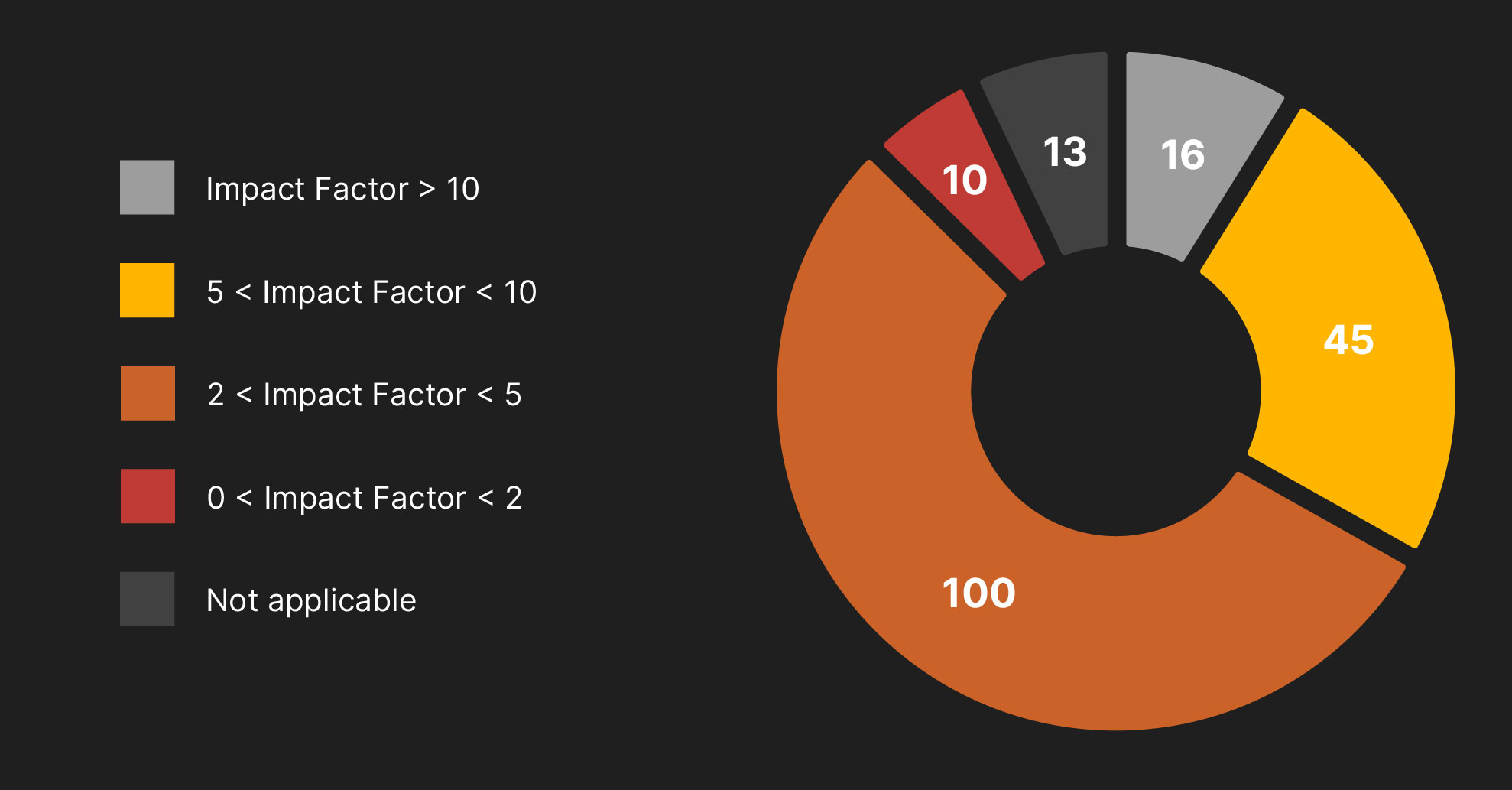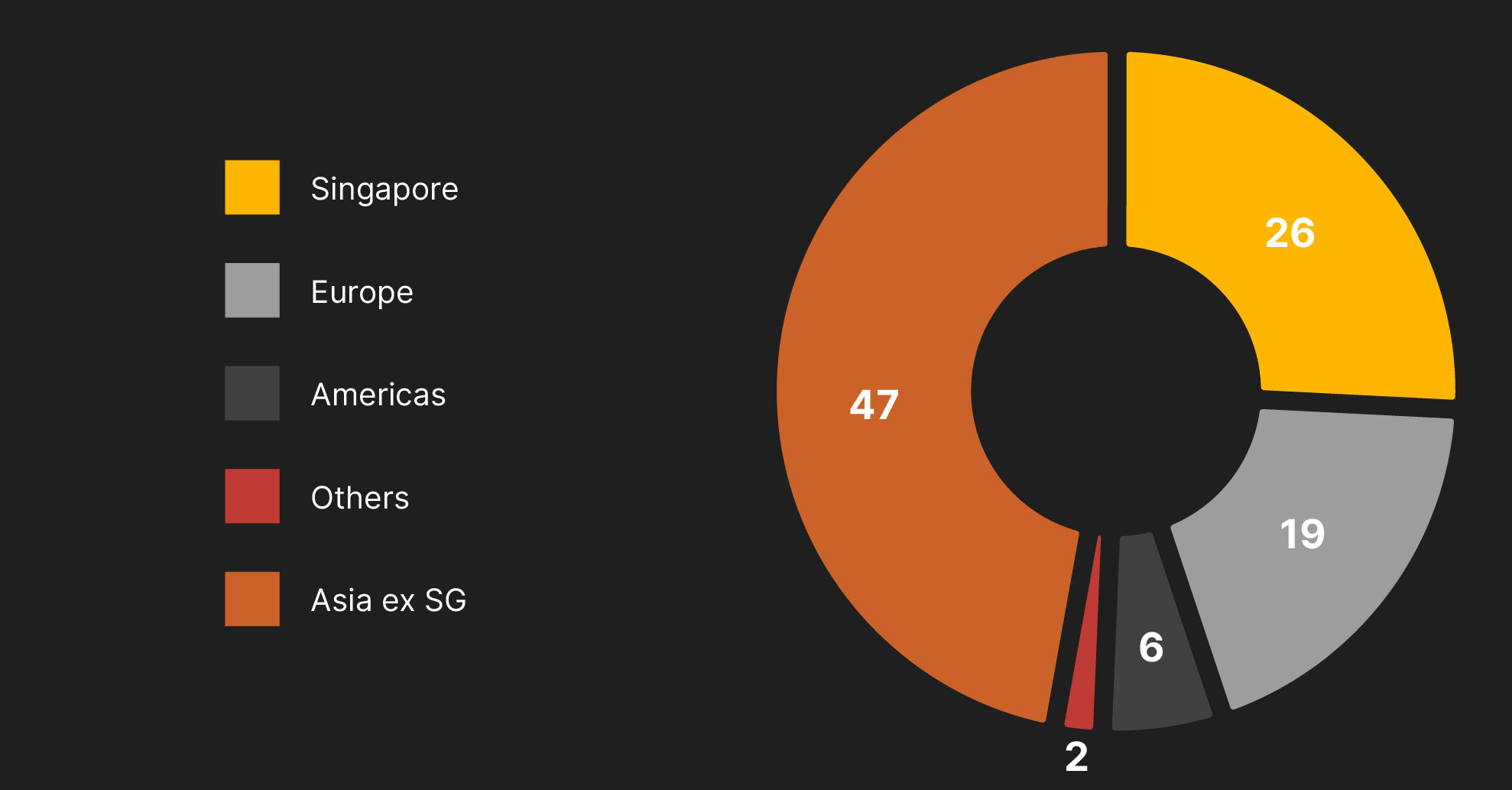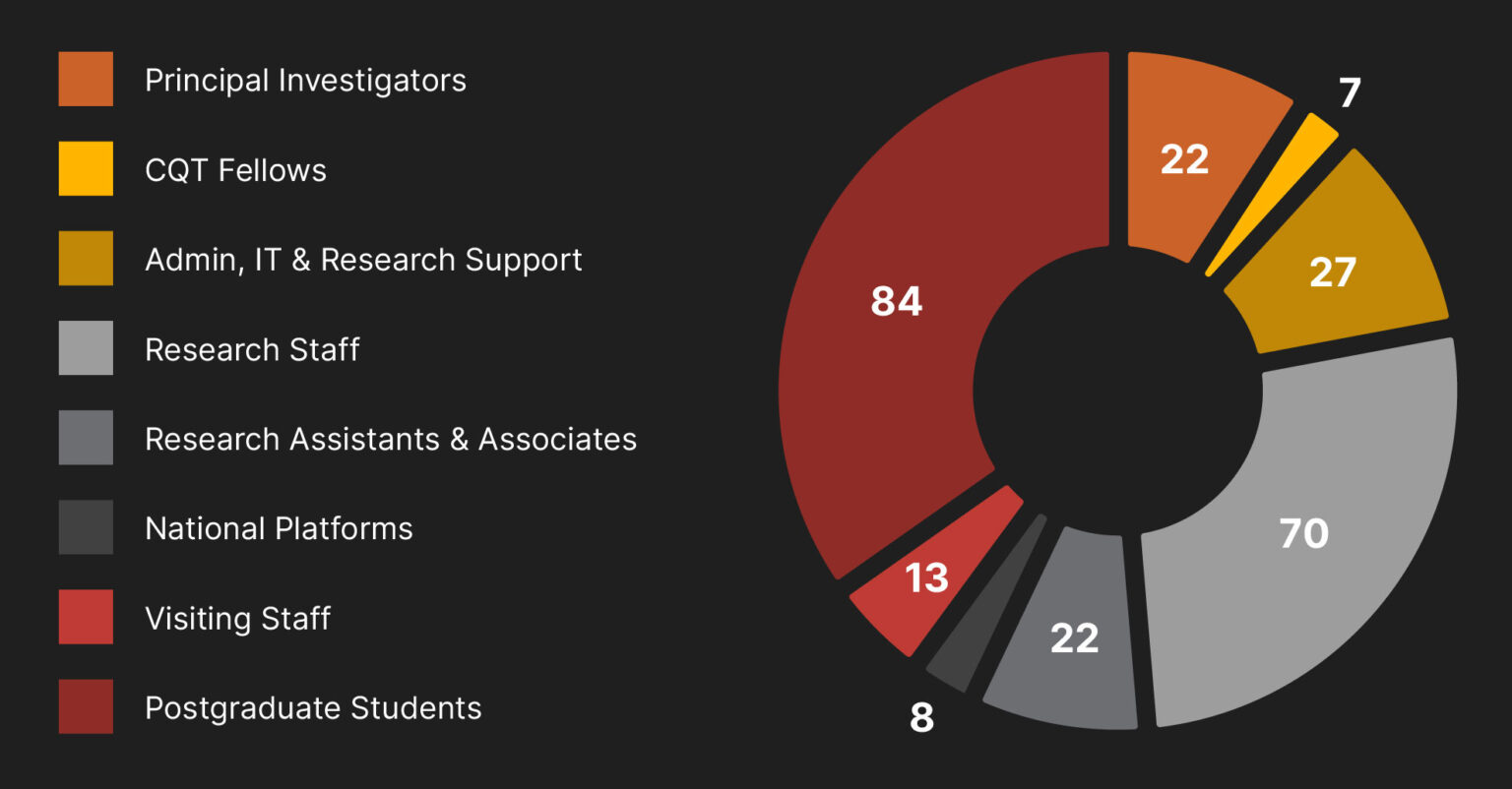
Divesh Aggarwal
Divesh Aggarwal received his PhD degree in Computer Science from ETH Zurich in 2012. From 2012 to 2016, he spent two years each as a postdoctoral researcher at New York University and at EPFL. Since 2016, he is an Assistant Professor in the Department of Computer Science, and a Principal Investigator in the Centre for Quantum Technologies at the National University of Singapore. His research interests include lattices, pseudorandomness, cryptography, coding theory, algorithms, and computational complexity.
Preprints & Publications
Quantum Measurement Adversary
Quantum Secure Non-Malleable Codes in the Split-State Model
Quantum secure non-malleable codes in the split-state model
Two-Source Non-Malleable Extractors and Applications to Privacy Amplification with Tamperable Memory
Algebraic Restriction Codes and their Applications
A constant rate non-malleable code in the split-state model
How to Extract Useful Randomness from Unreliable Sources
Extractor Lower Bounds, Revisited
Extractors Lower Bounds, Revisited
A Quantum-Proof Non-Malleable Extractor, With Application to Privacy Amplification against Active Quantum Adversaries
Continuous non-malleable codes in the 8-split-state model
Stronger Leakage-Resilient and Non-Malleable Secret-Sharing Schemes for General Access Structures
Just Take the Average! An Embarrassingly Simple $2^n$-Time Algorithm for SVP (and CVP)
A new public-key cryptosystem via Mersenne numbers
Improved algorithms for the Shortest Vector Problem and the Closest Vector Problem in the infinity norm
(Gap/S)ETH Hardness of SVP
Inception makes non-malleable codes stronger
Affine-malleable extractors, spectrum doubling, and application to privacy amplification
Improved hardness results for unique shortest vector problem
Breaking RSA Generically Is Equivalent to Factoring
A Note on Discrete Gaussian Combinations of Lattice Vectors
Computational and Information-Theoretic Two-Source (Non-Malleable) Extractors
Improved (Provable) Algorithms for the Shortest Vector Problem via Bounded Distance Decoding
An improved constant in Banaszczyk’s transference theorem
Slide Reduction, Revisited—Filling the Gaps in SVP Approximation
Non-malleable Codes with rate 1/3 via Rate Boosters






